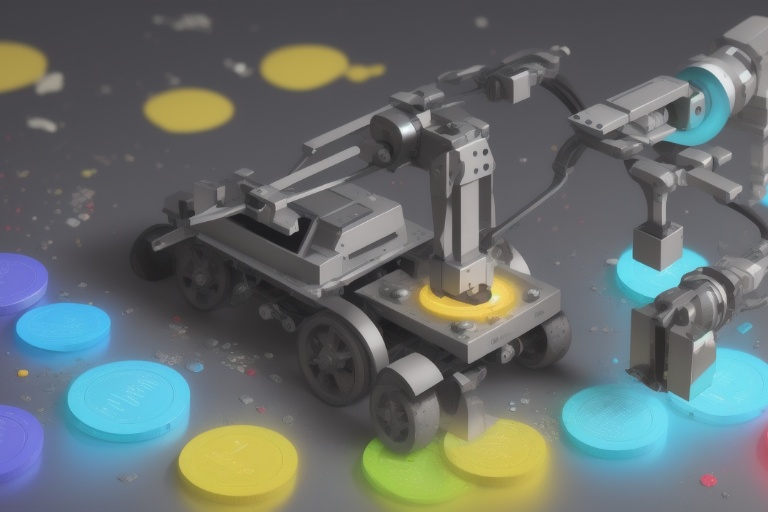The dawn of the computer age in the 1950s heralded a new era of technology, leading to the birth of what we now call artificial intelligence (AI). This revolutionary field bridges the gap between the capabilities of human intellect and the computational power of machines. Today, artificial intelligence is not just a part of groundbreaking scientific research but also a staple in everyday life, manifest in our smartphones, social media, and countless digital services. It fuels our curiosity, enlivening tales across cinema and literature, while the real-world advancements beg the question—what are the true limits of AI?
The dawn of the computer age in the 1950s heralded a new era of technology, leading to the birth of what we now call artificial intelligence (AI). This revolutionary field bridges the gap between the capabilities of human intellect and the computational power of machines. Today, artificial intelligence is not just a part of groundbreaking scientific research but also a staple in everyday life, manifest in our smartphones, social media, and countless digital services. It fuels our curiosity, enlivening tales across cinema and literature, while the real-world advancements beg the question—what are the true limits of AI?
The Evolution of AI: From Theory to Impact
The development of artificial intelligence over the years has been nothing short of awe-inspiring. From simple beginnings, AI has grown into a complex array of models and systems. Neural networks, which form the backbone of many AI technologies, allow machines to analyze and interpret data on a level that parallels human cognition. Training these networks with vast amounts of data has been crucial in enhancing the accuracy and decision-making capabilities of AI systems.
One significant marker of AI's capabilities is the Turing Test, conceptualized by Alan Turing. This test gauges a machine's ability to exhibit intelligence indistinguishable from that of a human. While it's a subject of ongoing debate and research, the test has prompted important discussions in the field regarding machine intelligence and consciousness.
Innovations and Breakthroughs
With each stride in technology, AI opens up new frontiers. The latest innovations include the creation of artificial skin, which has been a game-changer in robotics. The development of such tactile technology means that robots can now sense touch much like humans, significantly broadening their potential applications. This advancement points to a future where robotic assistance could become more nuanced and human-like.
Ethical Considerations and Future Directions
As enticing as the promise of AI's maturation is, its trajectory requires careful navigation. The ethical implications of AI—regarding privacy, decision-making, employment, and societal impact—cannot be overlooked. The mantra of 'moving fast and breaking things' does not bode well in a domain as influential and pervasive as AI. Thoughtful governance and guidelines are imperative to ensure that AI systems are developed responsibly and aligned with societal values.
Responsible AI calls for transparency in algorithms, fairness in decision-making processes, and accountability for those deploying AI technologies. These are not just theoretical ideals but necessities in the age where AI systems can significantly sway both individual lives and collective experiences.
Researchers at cutting-edge institutions like Caltech recognize this responsibility as they traverse the untapped potential of AI. They are committed to pushing the technological envelope while being cognizant of the societal tapestry within which these technologies will operate.
Conclusion
In summary, artificial intelligence continues to shape not just the future of technology, but also the fabric of society. Its progression is marked by incredible technical feats, such as the development of artificial skin for robots and advances in machine learning. Yet, the quintessential challenge remains: steering the course of AI development in a manner that resonates with ethical principles and societal well-being.
As we follow the footprints of AI pioneers and innovators, we remain in awe of what artificial intelligence can achieve. It is the potential, the unknown, and the breadth of opportunity that keeps the flame of curiosity kindled. With a balanced approach, the forward march of AI promises a horizon filled with ingenuity, solutions to complex problems, and an enhanced human experience.
Our collective journey with AI is an ongoing narrative of discovery and introspection. It is a reflection of human ingenuity, a navigation of human values, and a testament to our drive to break barriers. As we explore, innovate, and debate, one thing is clear—the story of artificial intelligence is far from its final chapter. It beckons forward-thinkers and cautious optimists alike to shape a future where technology and humanity converge in harmony.
Information for this article was gathered from the following source.




